Millions stranded, dozens dead as deadly floods hit Bangladesh, India
Heavy rains have caused widespread flooding in parts of Bangladesh and India, leaving millions of people stranded and at least 57 dead, officials said on Saturday.
Around two million people were stranded in northeast Bangladesh after rivers burst their banks and caused the worst flash floods in the country in past two decades, officials said.
After breaching a major embankment on the Barak River, floodwater rushing from India’s northeast inundated at least 100 villages at Zakiganj in Bangladesh, leaving “some two million people” marooned by rising waters, said Mosharraf Hossain, the chief government administrator of the Sylhet region on Saturday.
The 900-kilometer Barak River, which flows into the Bay of Bengal via Bangladesh, travels some 524 kilometer in India, runs 31 kilometers on the Indo–Bangladesh border, and the rest winds in Bangladesh.
Local authorities said at least 10 people have so far died as a result of flash floods.
“My house is under waist deep water. There is no drinking water, we are harvesting rain water. Rain is simultaneously a blessing and a curse for us now,” Shamim Ahmed, who is a bus driver in Zakiganj
Floodwater has made its way in many parts of Sylhet city, the largest in the northeast, where some 50,000 families had been without power for days, according to officials, who also said that the broken embankment on the border at Zakiganj could only be fixed once the water level dropped.
In neighboring India, officials said at least 47 people lost their lives this week in areas hit by flooding, landslides and thunderstorms.
In northern Assam state, which borders Bangladesh, at least 14 people were reported to be dead in landslides and floods.
Authorities in the state on Saturday said that more than 850,000 people in some 3,200 villages have been affected by the floods, caused by torrential rains that submerged swathes of farmland and damaged thousands of homes.
According to experts, climate change is increasing the likelihood of extreme weather events around the world. They say that every extra degree of global warming raise the amount of water in the atmosphere by about seven percent, with inevitable effects on rainfall.
Iran warns Epstein scandal may be part of Israel's political project
Iran emerges key link in China-Europe trade axis
Pezeshkian calls for mass turnout in February 11 rallies to defy foreign pressure
Leader grants pardons, sentence reductions to more than 2,000 convicts
VIDEO | Thousands protest in Australian cities against Israeli President Herzog’s visit
#IR47: Iran’s tourism boom since 1979 Islamic Revolution, driving economy, generating jobs
Palestinian activist in ICE detention 'missing' after medical emergency
Any enemy miscalculation will be met with ‘unprecedented’ response: Iran army chief


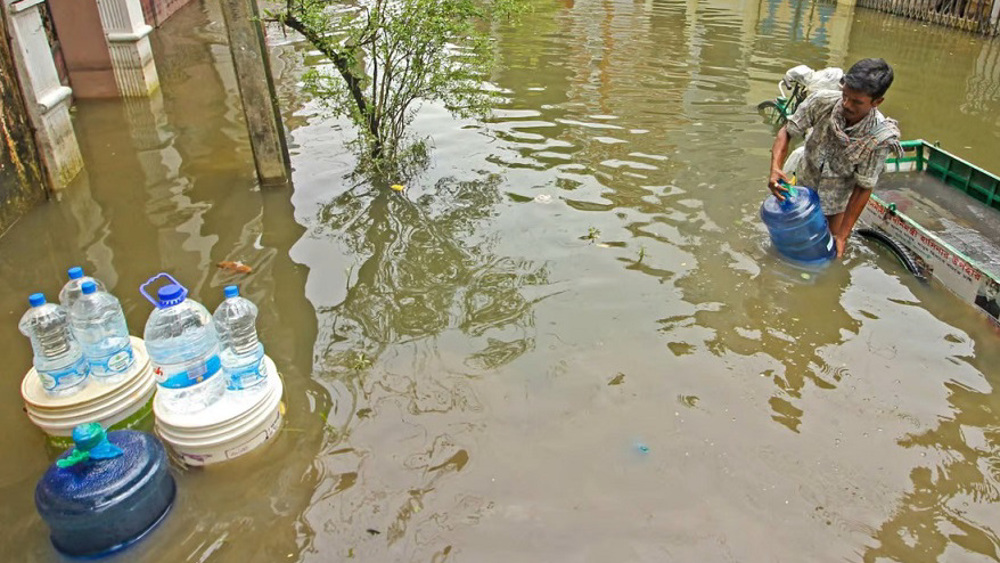
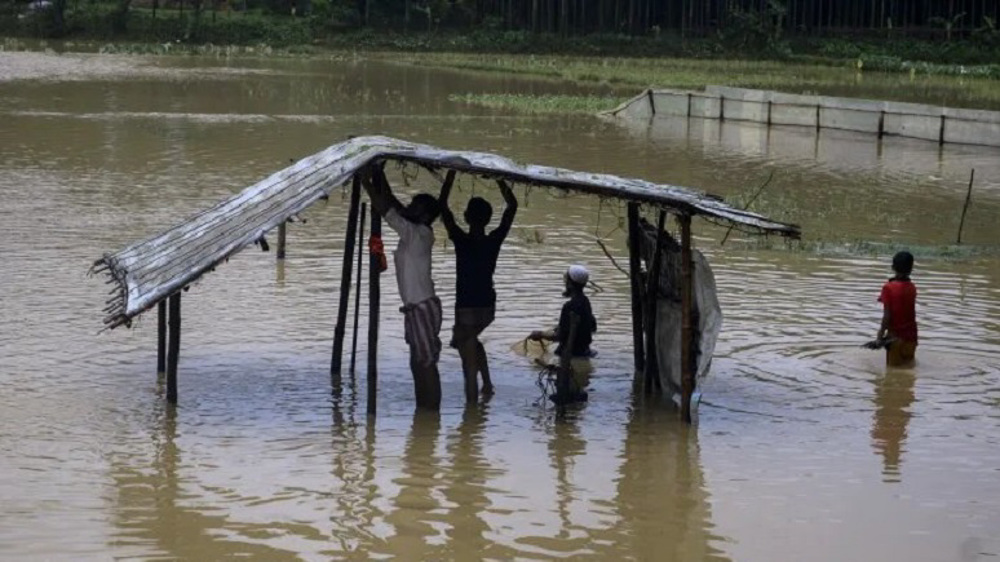






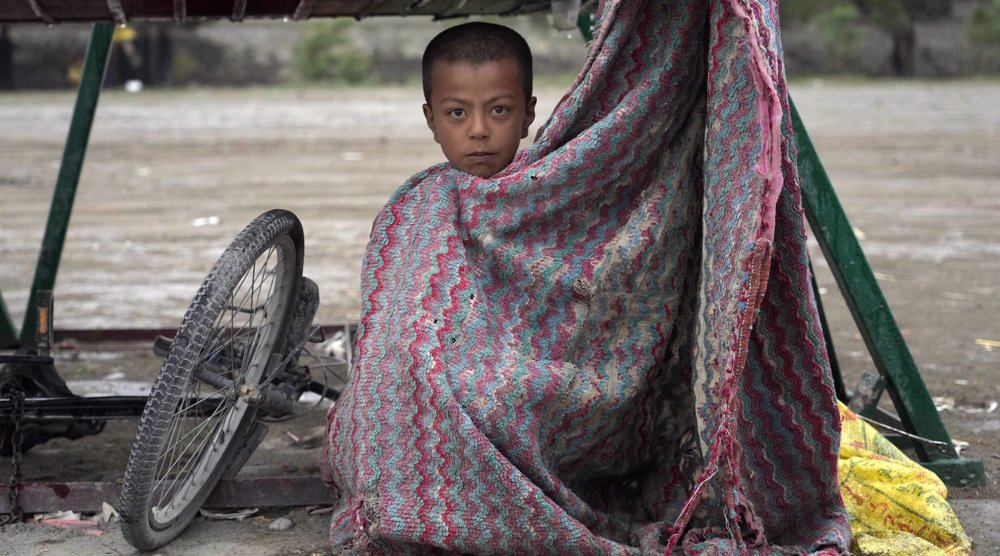
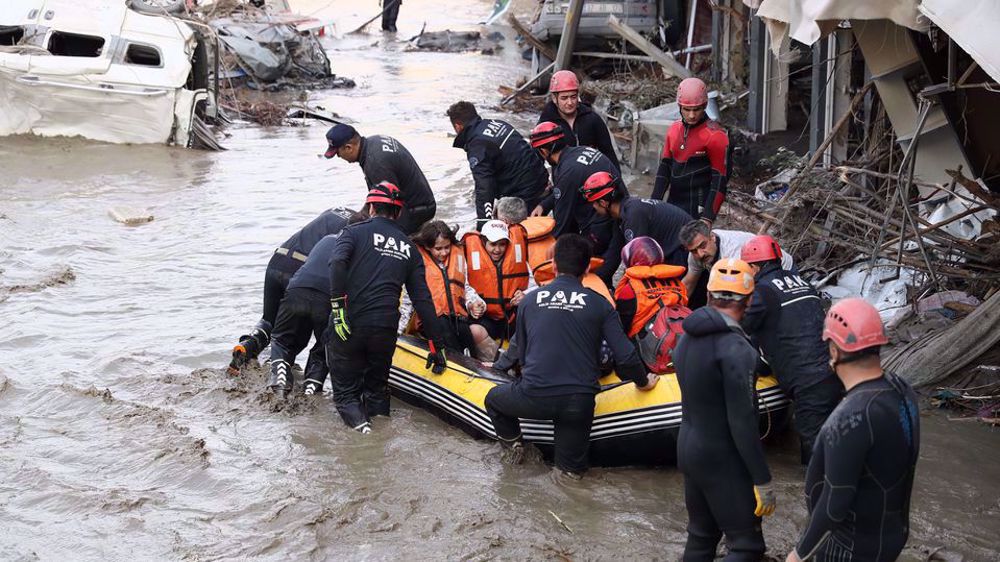
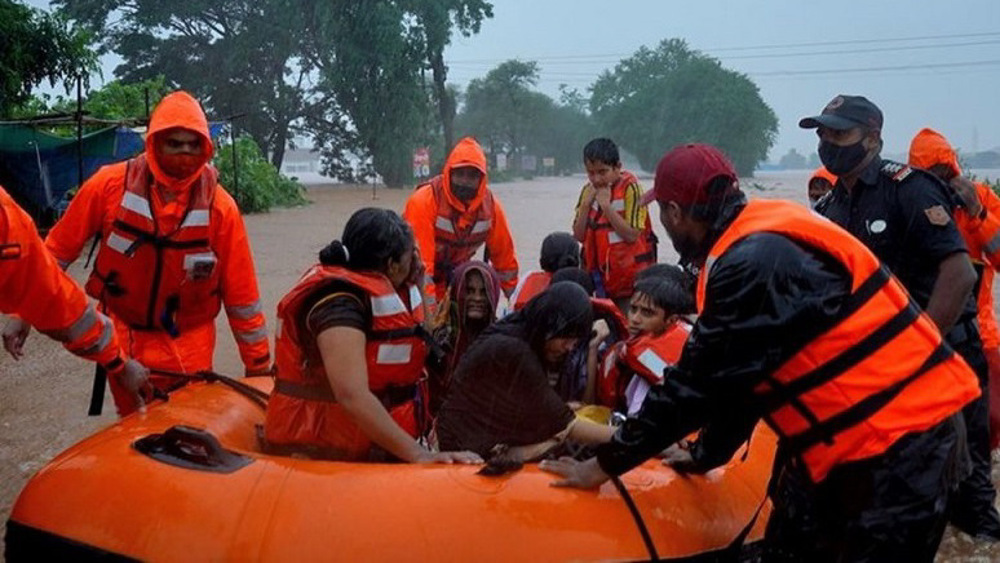
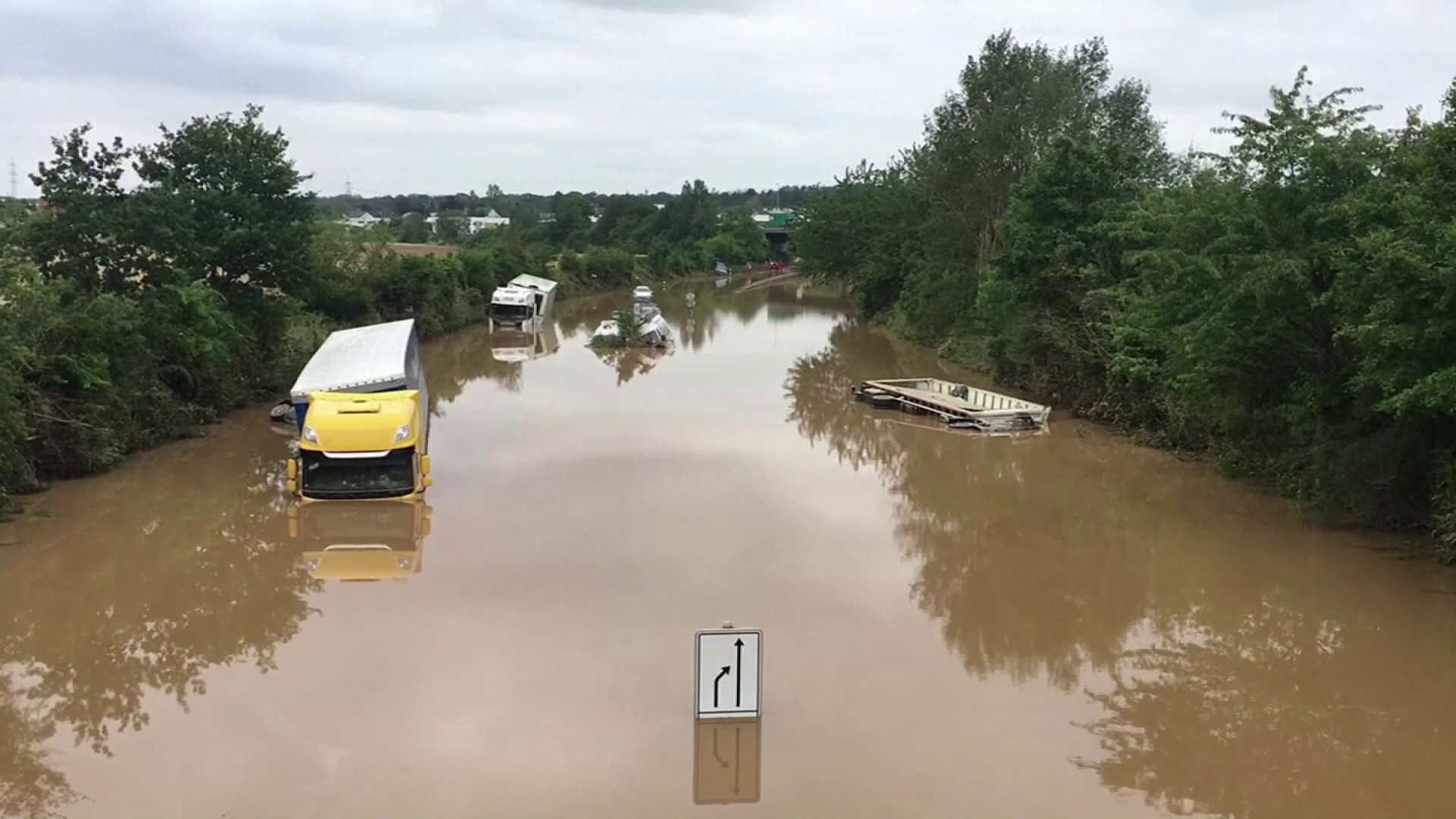
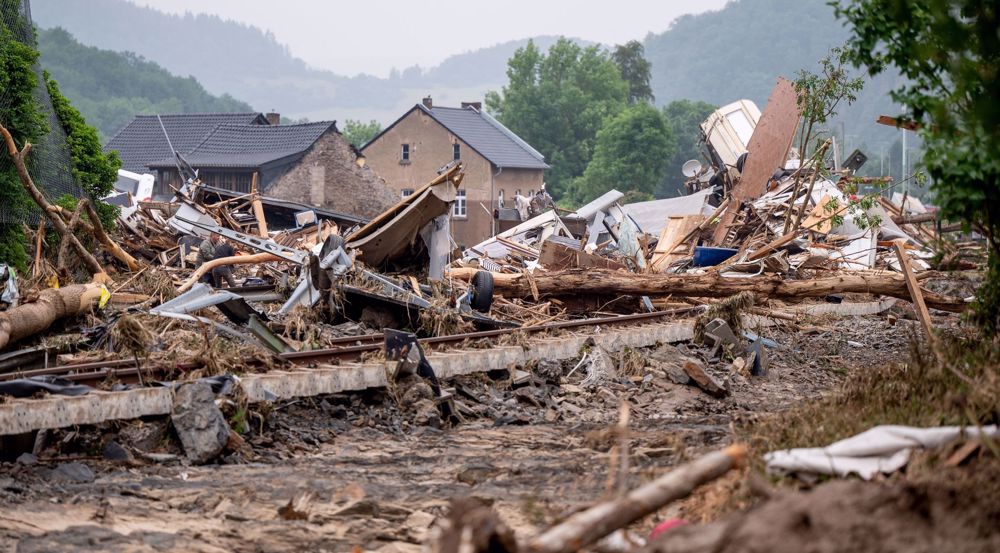

 This makes it easy to access the Press TV website
This makes it easy to access the Press TV website